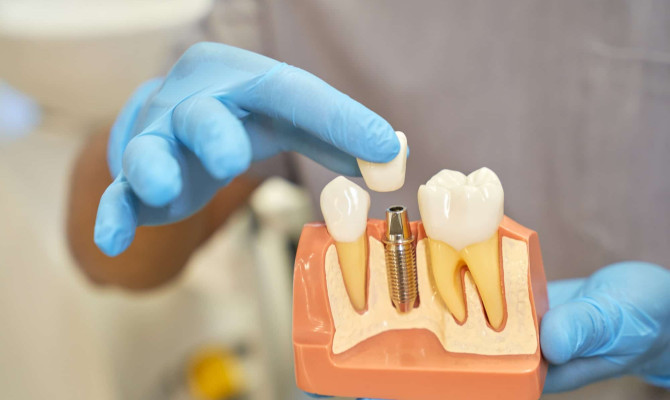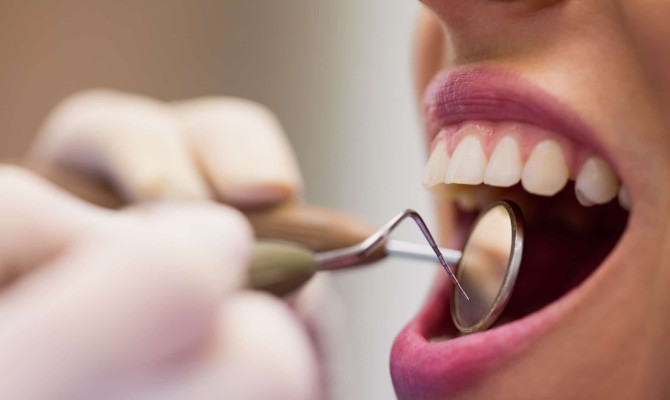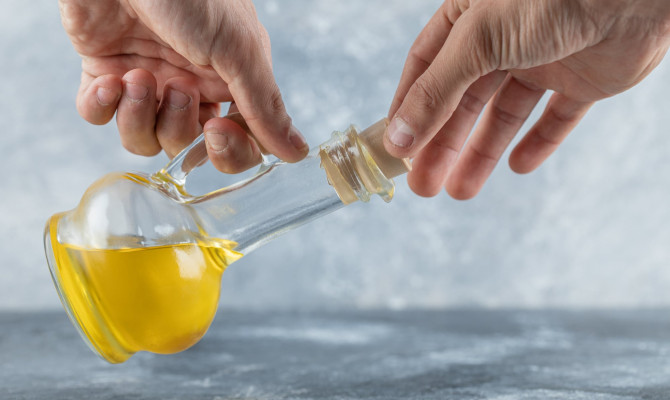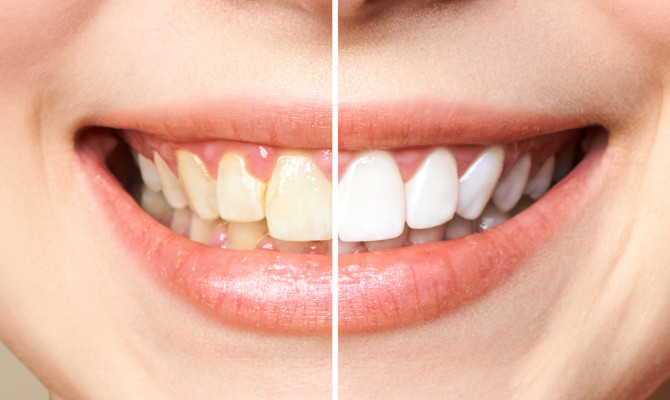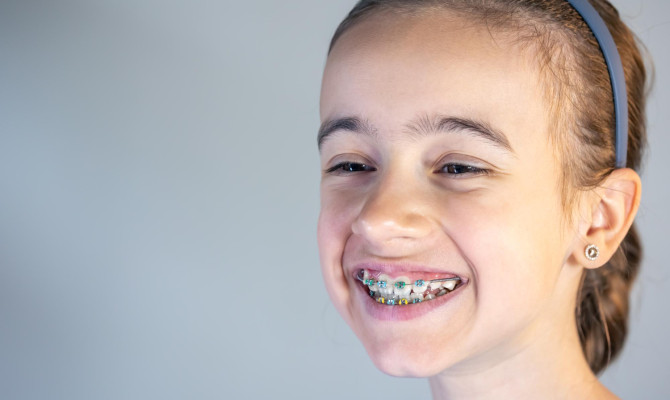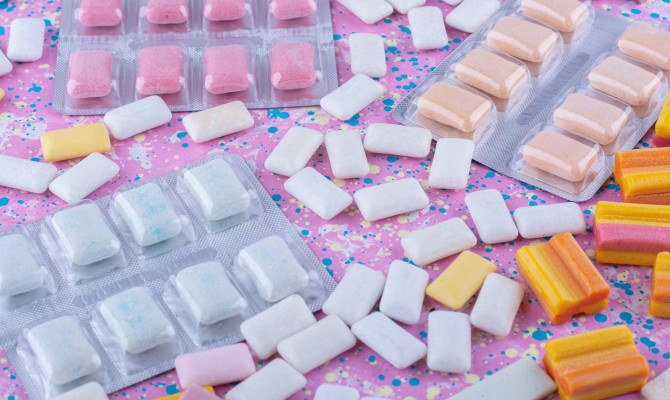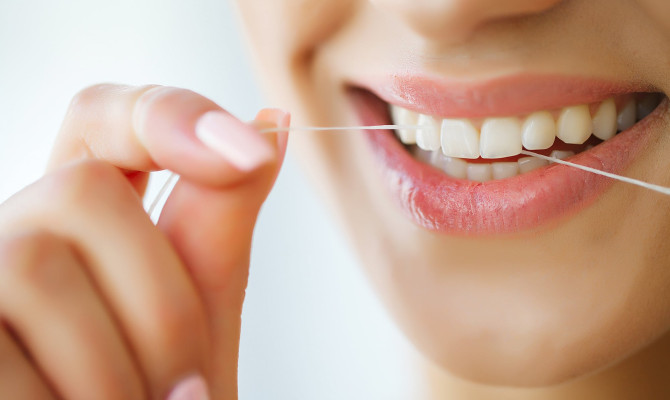A Guide for Your Baby’s Teeth and Managing Teething

- Baby Teeth
- 16 Aug 2023
Overview
What is baby teeth ?
The first set of teeth to erupt in a child’s mouth are known as baby teeth, often called primary or deciduous teeth. Between 6 and 12 months, these teeth typically begin to appear, and they continue to do so until the child is 2 or 3 years old. Most kids get their entire set of 20 primary teeth by turning three.1Overview| Researched based study from Cdc.gov

Facts
Facts about infant’s teeth
- The baby’s teeth begin to erupt while still in the womb.
- The two lower front teeth are typically the first baby teeth to erupt, though this might vary from child to child.
- Compared to adult teeth, they are smaller and whiter.
- They occasionally appear crooked or out of alignment, although this is typically fine.
- Tooth decay is one of the most common diseases in children.
- The accumulation of a material called dentin can occasionally give them a bluish-grey color. This is entirely normal and generally not a cause for worry.4Facts| Researched based study from Nlm.nih.gov
Teething
What exactly is teething?
A baby’s teeth erupting through the gums is known as teething. It could be a painful experience.
Although it can be uncomfortable, teething is a normal and important stage of a baby’s growth.
When your baby starts teething, what can you expect?
Increased salivation
- Your baby may drool more frequently than usual due to the stimulation of saliva production brought on by teething.2Teething| Researched based study from Nhs.uk
Easily irritated and fussy
- Your infant may become fussier, angrier, and cry more due to the discomfort and even pain associated with teething.2Teething| Researched based study from Nhs.uk
Chewing on objects
- Your infant might start chewing on whatever they can get their hands on, such as toys, fingers, or even furniture, to try to ease their agony.2Teething| Researched based study from Nhs.uk
Sore and enlarged gums
- The region may enlarge and become sore as the teeth protrude through the gums.
Low-grade fever
- Some kids may experience a slight temperature, but this is not always true.
Disturbed sleep
- Your infant may struggle to fall and remain asleep due to teething, disrupting regular sleep habits.
Changes in appetite
- While some newborns may experience a drop in appetite due to teething, others may seek comfort from nursing or bottle-feeding more frequently.
Changes to bowel movements
- Some babies may experience increased bowel motions or diarrhea as a result.1Teething| Researched based study from Cdc.gov
Tooth eruption
When do baby’s teeth usually erupt?
- 6-10 months: lower central teeth
- 8-12 months: prominent upper teeth
- 9-13 months: upper lateral incisors
- 10-16 months: lower lateral incisors
- 13-19 months: First molars
- 16-23 months: Canine teeth
- 23-31 months Second molars.2Tooth eruption| Researched based study from Nhs.uk
There may be variances in the timing and order of tooth eruption. Thus, it’s crucial to remember that the timeline is just intended as a primary reference.
Management

How can you soothe a teething baby?
Cold things
- The gums can be soothed and made numb by chewing on something cold. You can try a frozen spoon, a cooled teething ring, or a damp towel that has been briefly frozen or refrigerated.3Management| Researched based study from Nhs.uk
Pressure
- Another method for easing gum discomfort is to press on them gently. Try massaging your child’s gums with a clean finger or a soft, damp cloth.
Breastfeeding or bottle-feeding
- Your kid can find comfort in nursing or bottle-feeding while teething, and the motion of sucking helps ease their discomfort.
Distraction
- Your baby may be able to focus on something else while distracted by a toy or activity you give them. Try playing an instrument, singing, or reading a book.
Drugs that alleviate pain
- You can discuss taking over-the-counter painkillers with your doctor if your baby is experiencing severe pain.
- Use only with your pediatrician’s consent, and pay close attention to the dose directions.3Management| Researched based study from Nhs.uk
Importance
How is teething important?
Baby teeth are essential because they aid with speech development.
- They are essential in teaching infants how to talk and pronounce words correctly. Babies without teeth may have difficulty forming some sounds and words.
Nutrition
- Proper digestion and nourishment are necessary for biting, chewing, and grinding food.5Importance| Researched based study from Nhs.uk
Space maintenance
- They keep the jaw space open so that adult teeth can finally erupt. Premature tooth loss can result in orthodontic problems if the adjacent teeth move, making it harder for adult teeth to erupt correctly.
Face development
- Due to their necessity in molding a child’s jaw and face as they grow, baby teeth also play a part in facial development.4Importance| Researched based study from Nlm.nih.gov
Care
How should you care for your child’s teeth?
Brush your baby’s teeth.
- You can use a clean, wet cloth to wipe your baby’s gums after feedings, even before teeth erupt. Once teeth appear, you can clean them twice a day with water and a soft-bristled toothbrush.
Limit sugar intake
- Sugar consumption should be kept to a minimum for your baby because it might cause tooth rot.5Brushing tips| Researched based study from Nhs.uk
Don’t give your infant a bottle before bed.
- The sugary liquid from your baby’s bottle could pool in their mouth while they sleep and cause tooth decay. Instead, feed them before night and remove the bottle when they fall asleep.
Schedule a dental examination.
- Babies should have their first dental appointment by the time they turn one.5Care| Researched based study from Nhs.uk A dental professional can examine you for any potential problems and advise you on how to take care of your teeth.
Brushing tips
What is the right time to start brushing your baby’s teeth, and how?
Begin early
- Before your baby’s first tooth erupts, you should practice good dental hygiene.5Brushing tips| Researched based study from Nhs.uk After feedings, you can wipe their gums clean and wet to remove any leftovers.
Introduce a toothbrush
- A soft-bristled toothbrush can be used as soon as the first tooth erupts, which is around six months of age.5Brushing tips| Researched based study from Nhs.uk
Toothpaste with fluoride
- Fluoride toothpaste can strengthen tooth enamel and prevent cavities.5Brushing tips| Researched based study from Nhs.uk Use just enough fluoride toothpaste to fill a pea.
Until your child can brush their teeth properly, you should watch them touch to ensure they are getting all of their teeth clean.5Brushing tips| Researched based study from Nhs.uk
Complications
Teething complications and how to avoid them ?
Gum irritation and swelling
- Gum swelling and inflammation caused by teething may cause baby discomfort.
- Gently use your clean finger or a cool, wet cloth to massage your baby’s gums. You can offer your infant a teething ring or a cold, moist towel to chew on.6Complications| Researched based study from Nlm.nih.gov
Sleep disruption
- Teething can make your baby uncomfortable and interfere with their sleep.
- Your baby can sleep better if you take a relaxing bath before night and keep the room cozy.
Drooling
- The skin surrounding the mouth and chin may irritate if you drool more frequently.6Complications| Researched based study from Nlm.nih.gov
- Use a clean, soft cloth to wipe your face and put petroleum jelly or barrier cream around your mouth to stop this from happening.
Irritation
- Babies might get agitated and cranky. You may give your baby lots of comfort and love, occupy them with toys, and provide them with wholesome snacks and beverages.
Fever and diarrhea
- Babies may experience a low-grade temperature, albeit not directly related to these symptoms. Ensure your infant is adequately hydrated and get medical help to avoid this.6Complications| Researched based study from Nlm.nih.gov
Cavities
Baby teeth with cavities
Cavity-causing factors
- When bacteria feed on sugars and carbs, they produce acid in the mouth, which leads to cavities.
Cavity symptoms
Some signs include
- Tooth sensitivity or pai
- Noticeable pits or holes in the teeth
- Discoloration or staining.7Cavities| Researched based study from Nlm.nih.gov
Preventing cavities in baby teeth
- By maintaining good dental hygiene habits like regular brushing and flossing as well as avoiding sugary meals and beverages, baby teeth can be defended from cavities.7Cavities| Researched based study from Nlm.nih.gov
Emergency
When should I go to the dentist?
Even if your child is toothless, it is advised that you start taking them to a pediatric dentist by their first birthday. It’s crucial to get an appointment with a dentist immediately if your child is having trouble with their teething or you think they could have cavities.
Here are some signs that you might need to visit a dentist:
- There is discomfort from teething that lasts more than a few days or is accompanied by additional symptoms like fever or diarrhea.
- Stains, pits, or holes in the teeth.
- Toothache or sensitivity to cold or heat.
- Gums or other regions of the mouth may swell or become inflamed.
- Broken or loose teeth.
- Difficulties with biting or chewing.3Emergency | Researched based study from nhs.uk
Any feedback on this article?
 This Articles content was accurate
This Articles content was accurate Very Informative Article
Very Informative Article I have a question or a comment
I have a question or a comment
 This article contains inaccurate content
This article contains inaccurate content This article was not helpful
This article was not helpful I have a question or a comment
I have a question or a comment
We appreciate your helpful feedback!
Checkout our social pages
References
-
Centers for Disease Control and Prevention
Children’s Oral Health | Overview
-
National Health Service
Baby teething symptoms | Teething | Eruption
-
National Health Service
Tips for helping your teething baby | Care | Emergency
-
National Library of Medicine
“Early baby teeth”: Folklore and facts |
-
National Health Service
Teething | Importance | Care
-
National Library of Medicine
Signs and symptoms associated with primary tooth eruption: a clinical trial of nonpharmacological remedies | Complications
-
National Library of Medicine
Early Childhood Caries | Cavities












